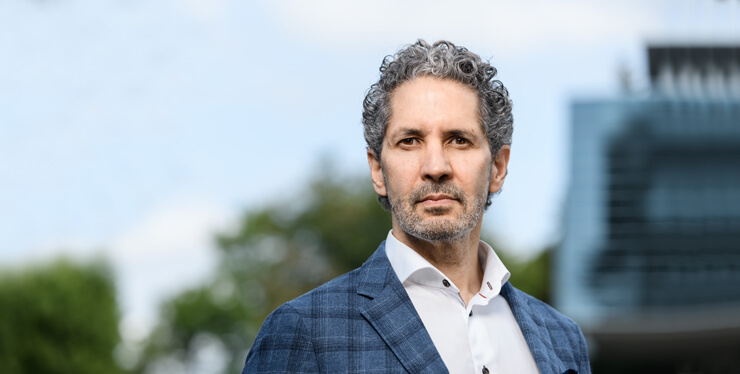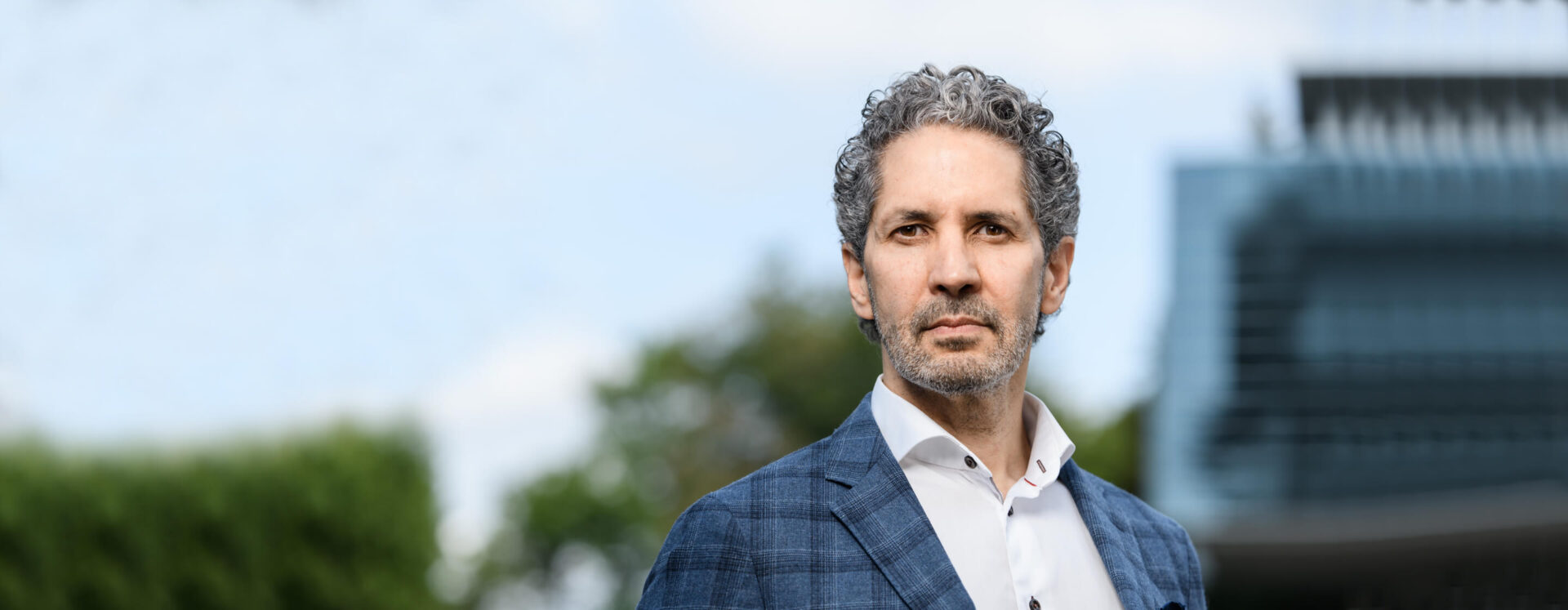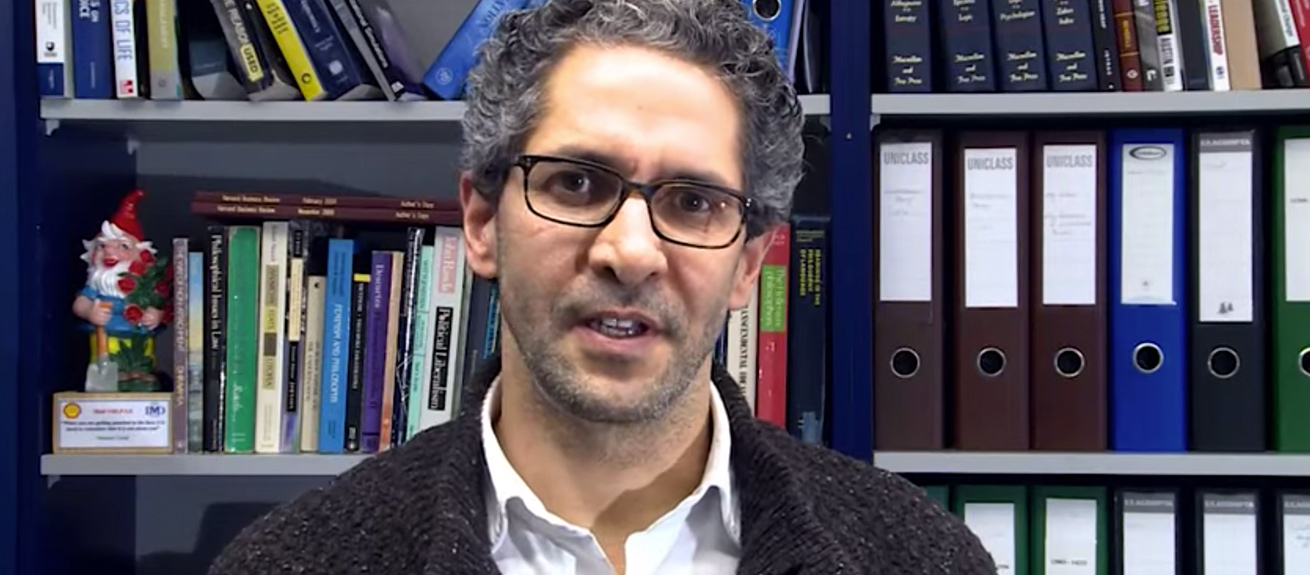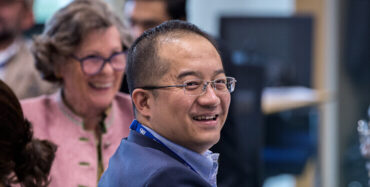

Professor of Strategy and Leadership
University of California
University of California
University of California
INSEAD
INSEAD
Academy of Management Social Issues in Management Division Best Book Award (2014)
Michael Yaziji is Professor of Strategy and Leadership. With two PhDs, his expertise spans strategy, leadership, and sustainability.
In the area of strategy, his current focus is on artificial intelligence, on which he lectures regularly. He leads the IMD faculty interest group on the topic and initiatives across multiple institutions (IMD, EPFL, and UNIL).
In the area of leadership, his latest research includes the world’s largest survey tying together psychological drivers, psychological safety, and organizational performance. The study explores how human biases and self-deception can impact decision-making as well as how these factors can be mitigated. He is currently studying and writing on the psychological drivers that underlie behavior and how leaders can use them for greater and more lasting impact.
In the area of sustainability, he is recognized as a world-leading expert on non-market strategy and NGO-corporate relations. His earlier survey on NGO campaigns against corporations is the world’s largest and most comprehensive on the topic and was the backbone for his award-winning book, NGOs and Corporations: Conflict and Collaboration, which won praise from Nestlé Chairman Peter Brabeck-Letmathe, former Unilever Chairman and CEO Antony Burgmans, Shell Chairman Mark Moody-Stuart, and PepsiCo Vice-Chairman Michael D White.
The dance of the ‘non-market’ of politics, NGOs, and the media – where business intersects society – is fundamentally different from the market, where business leaders are more familiar with the steps. Strategy, ethics, political science, and psychology intersect in a complex push and pull of ideologies and interests, conflict, and collaboration. Tomorrow’s leaders need to be better choreographers.
Yaziji’s broad industry experience includes being a board member, trustee, adviser, and executive teacher for Fortune 500 B2B and B2C companies (e.g., Microsoft, Shell, PepsiCo, Ericsson, PwC, Lufthansa, Sumitomo, Bosch, Vestas, NTT, Munich Re, Hydro, Grundfos, Maersk, Bunge Alimentos, Holcim) and for organizations such as the Red Cross, the University of California, and the World Economic Forum.
He has been published in academic and managerial journals such as Harvard Business Review and Sloan Management Review and was one of the earlier management school professors to give a TED Talk. In his 2012 presentation Rethinking the structure of corporations, he argued that existing corporate structures were no longer optimally suited to the needs of society – or the corporations themselves.
An American and Swiss national, Yaziji has spent most of his life as an expat, having lived in Italy, France, Saudi Arabia, Switzerland, and the United States.
We live in a period marked by the ascendency of corporations. At the same time, the number of non-governmental organizations (NGOs) - such as Amnesty International, CARE, Greenpeace, Oxfam, Save th...
Amudança climática é, possivelmente a maior ameaça que a humanidade teve de enfrentar. As consequências já estão sendo sentidas nos negócios, e, por conseguinte, aumentará o seu impacto social, pol...
Le changement climatique est sans doute la pire menace laquelle l'humanité ait jamais confronte. Ses conséquences¦se font déjà ressentir sur l'économie, et ses impacts sociaux, politiques et éonomi...
Wirtschaftsordnung: wenn Kapitalismus bedeuted, dass die Kapitaleigner den grössten Teil der Wertschöpfung abzweigen, ist seine Zeit unwiderruflich abgelaufen. Wissen und Arbeit sorgen heute für me...
Knowing what regulatory changes are coming is often crucial in making strategic decisions. How does one know what the regulatory future holds?¦While the chance of anticipating each and every detail...
Lorsqu'une multinationale devient la cible des ONG, il est souvent trop tard pour réagir. GlaxoSmithKline (GSK) en a fait l'amère expérience dans l'affaire du sida en Afrique du Sud.
Conflicting technical standards are ubiquitous: CDs and DVDs, telephony systems, computer operating systems, electronic file formats. As the rate of technological innovation continues to accelerate...
Conflicting technical standards are ubiquitous: CDs and DVDs, telephony systems, computer operating systems, electronic file formats. As the rate of technological innovation continues to accelerate...







